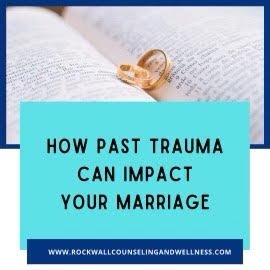One of the many reasons people may seek counseling is to deal with past trauma. Various types of therapy can be incredibly beneficial for people seeking to learn to cope with traumatizing events, but it is critical that while seeking this therapy, you find the right caregiver. Often people will “give up” on therapy because it “isn’t working” when in reality, they simply need to find the right person to guide their journey. If therapy hasn’t worked for you in the past, you may want to consider if your therapist addressed your trauma through trauma-informed care. What is trauma-informed care? Well, let’s define some things first!
Trauma is clinically defined as an emotional response to a terrible event. Even though when we experience trauma, the response may start as emotional, it can lead to physical responses as well such as panic attacks. Trauma can be brought on by any number of events. Most commonly people think of an accident, an assault, a death of a loved one, or other sudden, horrible event. However trauma isn’t just defined by the severity of the event, but how your own body responds to it. What may be traumatizing for you, would not be for another person and vice versa. You may have gone through a traumatic hospital stay when your child was born, or a traumatic divorce that lasted months on end. It is not up to another person to define what is traumatizing to you. If you have an emotional response when you think of the event or when you experience similar circumstances, it was traumatizing for you.
Trauma-informed care is a set of concepts that can apply to any range of care for people who have experienced severe trauma in the past. Practitioners in the medical field, mental healthcare, and even exercise and wellness can use trauma-informed care practices to make clients and patients who have been through trauma feel more comfortable, at-ease, and safe in settings where they may encounter triggering situations, conversations, or events. At the core of trauma-informed care is the principle “do no harm,” meaning that trauma-informed caregivers and providers seek to ensure their treatments, classes or sessions do not add to the trauma response people may feel. In counseling, this may look different from therapist to therapist, but generally the concepts would remain the same. Even if a counselor is not specifically advertising “trauma-informed care” it is likely that he or she is putting these concepts into practice, and if you feel unsafe, address it with your therapist.
Safety. Possibly the most important concept in trauma-informed care is that of safety. Your therapist or counselor should reassure you of your physical, emotional, and mental safety throughout your time with them. Especially during times when you are asked to relive or retell parts of your trauma in order to process these emotions, a trauma-informed session will ensure you, out loud, that you are safe.
Trustworthiness. Just as in any healthy relationship, there must be trust between you and your provider in order for you to feel well-cared for. This means they should be consistent, provide and respect boundaries, and “do what they say they will do.” You should never feel surprised or caught off-guard by your therapist.
Choice. People seeking therapy, especially for trauma, may have spent a good deal of their lives feeling out of control. Because of this, providing patients or clients with choice of how long sessions last, or topics to cover can provide a sense of relief. If you feel your therapy sessions are not following your cues in this regard, talk with your provider about how to have more control in your time with them.
Collaboration. Trauma-informed care should feel like a collaborative effort between patient and provider. Rather than following a strict set of protocols with no room for deviation, the patient and provider work together to come up with a plan for addressing important concerns and issues. As a patient in trauma-informed care, you have a contributing voice. And while no practitioner will let you simply ignore major concerns or issues, they will follow your lead and guide you rather than force you into their plan of care. However, it’s important to also note that even in trauma-informed care, if your therapist notices that you’re avoiding certain issues or topics entirely and instead want to focus on areas that aren’t helpful to you, they may let you know that you may not actually be ready for therapy.
Empowerment. The ultimate goal of trauma-informed therapy is for you to have tools and coping skills of your own. A trauma-informed provider wants to make sure that you feel empowered to walk away from his or her office and be “discharged” from their care. While they’re always there to help you process as needed, they truly want to see you recover from trauma and support your own resilience.
If you have sought therapy or counseling previously, and it didn’t work out for you or you felt unsure of what you experienced, it may have been because some of these aspects of trauma-informed care were not being met for you. Counselors at Rockwall Counseling and Wellness can help you process trauma or work through relationship issues in your life in a way that makes you feel safe, empowered, and heard. Their goal is always to “do no harm” and they want to see you succeed. If you’re interested in meeting with one of our qualified counselors, click the link below to start your journey toward healing today!
Written by Emily Taylor, Contributing Writer




